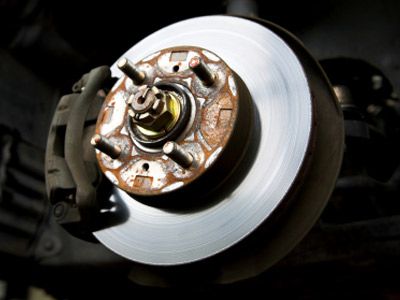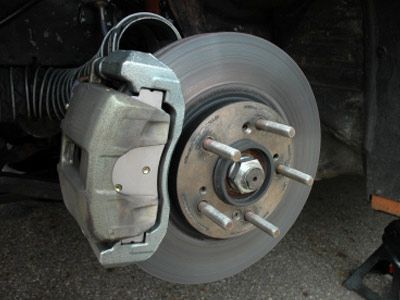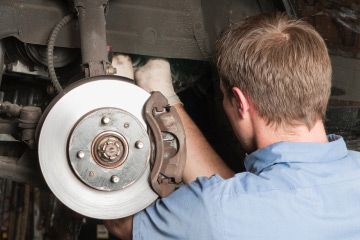
Have you ever been cruising down the road with your car running smoothly, only to find that your steering wheel suddenly starts trembling like a hairless dog on a cold day the moment you hit the brakes? There's likely something wrong with your car. To understand why your steering wheel shakes when braking, it's worth considering several possibilities.
Vibrations in the steering column can happen for a number of reasons, such as a busted motor mount, bent rims, bad CV joints or loose lug nuts . But none of these automotive problems would cause a steering wheel to shake only when the brakes are applied. In this article, we'll zero in on the most likely cause of your steering wheel shaking when braking, and that's a problem with the rotors.
Advertisement


